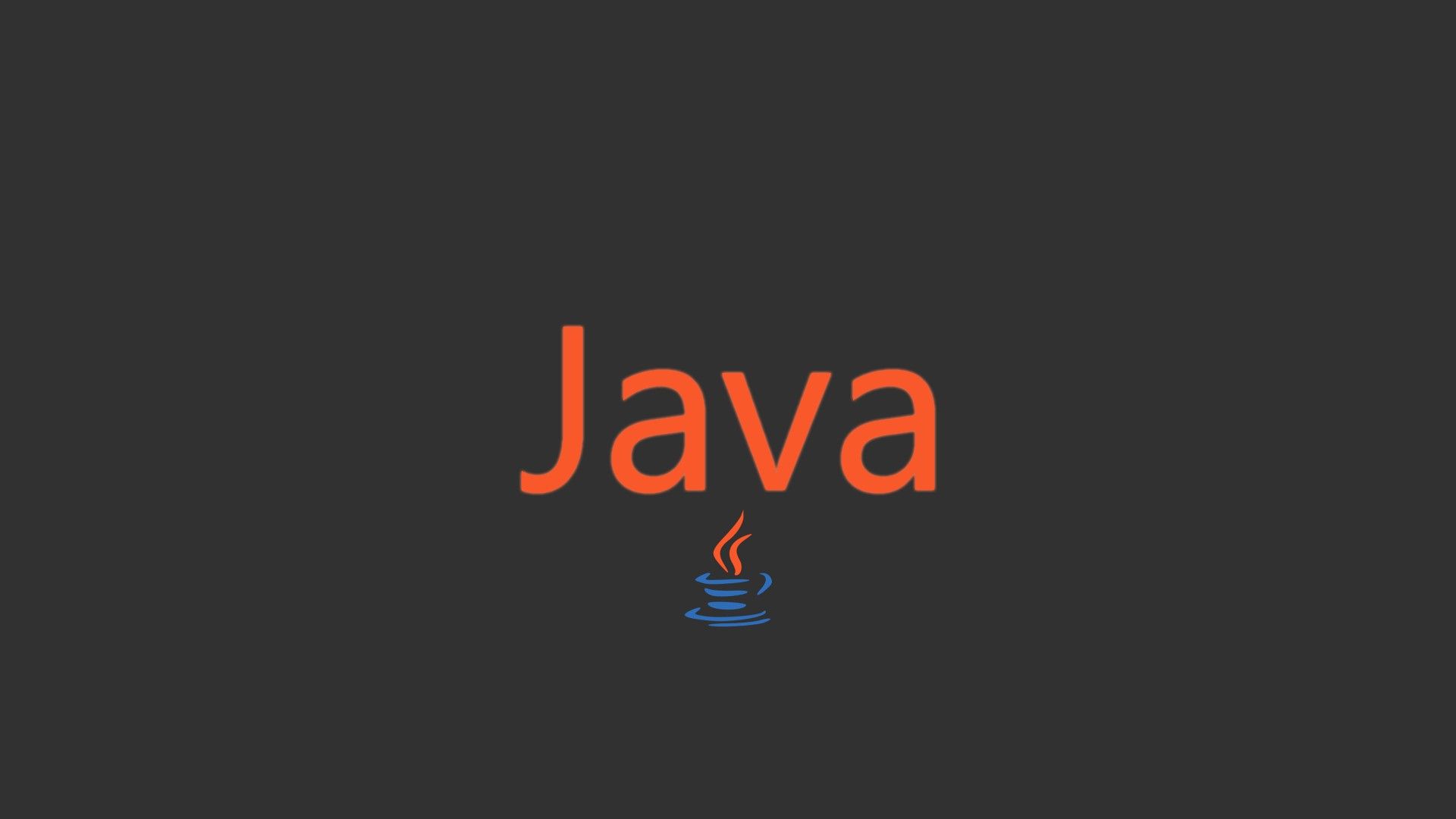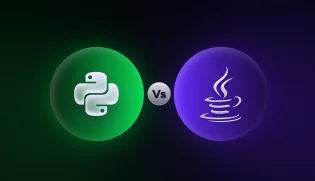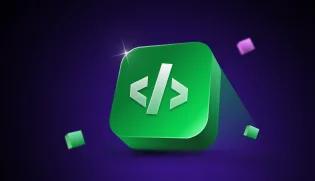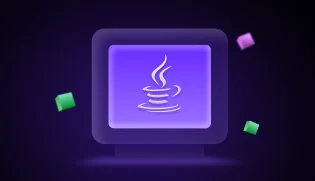
Is Golang Easy To Learn? and Should You Learn Golang in 2025
Mar 18, 2025 3 Min Read 13819 Views
(Last Updated)
Go, also known as Golang, is a programming language designed to be fast, efficient, and scalable. It was created by Google in 2007 by Robert Griesemer, Rob Pike, and Ken Thompson. Go has been gaining popularity in recent years, particularly for its ability to handle large-scale, concurrent systems. In this blog post, we will explore the reasons why Go is a language worth learning in 2025, compare it to Python, and discuss its ease of use.
Table of contents
- Is Golang Easy to Learn?
- Golang Worth Learning in 2025?
- Python vs Golang
- Top Reasons to Learn Golang
- High Performance
- Concurrency
- Small Standard Library
- Scalability
- Growing Job Market
- Easy to Deploy
- Open-Source Community
- In Closing
Is Golang Easy to Learn?
Go is a relatively easy language to learn, particularly for programmers who already have experience with C++ or Java. Go was designed to be a simple language, with fewer features than many other programming languages. Go’s syntax is also relatively easy to understand, with a focus on readability and simplicity.
One of the main reasons why Go is easy to learn is that it has a small, concise standard library. The standard library includes all the necessary functions and data types that a developer might need, making it easy to learn and use. Go also has a rich documentation library, which includes plenty of examples, tutorials, and other resources to help developers learn the language.
Another advantage of Go is that it has a garbage collector, which helps to manage memory automatically. This eliminates the need for manual memory management, which can be a source of bugs and errors in other programming languages. With Go, developers can focus on building their applications instead of worrying about memory management.
Learn more about Golang through an expert-led, self-paced learning course. Try GUVI’s Golang self-paced course.
Golang Worth Learning in 2025?
Yes, Golang is definitely worth learning in 2025. The popularity of Go has been steadily growing over the past few years, with more and more companies adopting it as their language of choice. Go’s popularity is due in part to its speed and efficiency, making it ideal for building large-scale, high-performance systems.
Additionally, Go has a number of features that make it well-suited for modern programming needs, such as strong support for concurrency, a robust standard library, and built-in garbage collection.
Go has also been adopted by several large tech companies, including Google, Uber, and Dropbox, which have used it to build their own systems and tools. This means that there is a growing demand for Go developers, making it a valuable skill to have in the job market.
Python vs Golang
Python and Go are two popular programming languages that are often compared. Python is a high-level, interpreted language that is known for its simplicity and ease of use. It is often used for data analysis, scientific computing, and web development.
Go, on the other hand, is a low-level, compiled language that is designed to be fast and efficient. It is often used for building large-scale, high-performance systems.
While both languages have their strengths, there are some key differences between them. One of the main advantages of Python is that it is a very beginner-friendly language. Python’s syntax is easy to read and understand, and there are plenty of resources available for learning the language. Additionally, Python has a large, supportive community, which means that developers can easily find help and support when they need it.
Go, on the other hand, is designed to be fast and efficient, making it ideal for building high-performance systems. Go’s support for concurrency is another advantage, as it makes it easier to write code that can handle multiple tasks at once. Go also has a small standard library, which makes it easier to learn and use.
Overall, the choice between Python and Go depends on the needs of the project. Python is often a good choice for beginners, data analysis, and scientific computing, while Go is a good choice for building large-scale, high-performance systems.
Top Reasons to Learn Golang
There are several reasons why developers might want to learn Go:
High Performance
Go was designed with performance in mind, making it ideal for building large-scale, high-performance systems. Its simple syntax, fast compile times, and built-in garbage collection make it a popular choice for building backend systems and microservices.
Concurrency
Go has built-in support for concurrency, making it easier to write code that can handle multiple tasks at once. This is especially useful for building distributed systems and services that need to handle many requests simultaneously.
Small Standard Library
Go has a small standard library, which makes it easier to learn and use. The standard library includes all the necessary functions and data types that a developer might need, without being too overwhelming.
Scalability
Go is designed to be scalable, making it ideal for building systems that need to handle a large number of requests. Go’s support for concurrency and efficient memory management makes it possible to build highly scalable systems.
Growing Job Market
As more companies adopt Go as their language of choice, the demand for Go developers is on the rise. Learning Go can open up new job opportunities and help developers stay competitive in the job market.
Easy to Deploy
Go’s simple syntax and fast compile times make it easy to deploy applications quickly. Go also supports cross-compilation, which makes it possible to build applications for multiple platforms with a single codebase.
Open-Source Community
Go is an open-source language, which means that developers can contribute to the language and its ecosystem. The open-source community has created many libraries and tools for Go, making it easier to build complex applications.
In Closing
Go, also known as Golang, is a powerful programming language that is ideal for building large-scale, high-performance systems. Its support for concurrency, efficient memory management, and simple syntax makes it a popular choice among developers.
As more companies adopt Go as their language of choice, the demand for Go developers is on the rise. Whether you are a beginner or an experienced developer, learning Go can open up new job opportunities and help you stay competitive in the job market.
If you wish to explore Golang through a self-paced learning mode, try GUVI’s Golang self-paced course.





















![What is TypeScript? A Beginner's Guide [2025] 2 typescript](https://www.guvi.in/blog/wp-content/uploads/2025/05/What-is-TypeScript_-A-Beginners-Guide.png)









Did you enjoy this article?